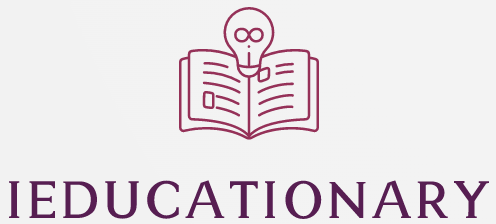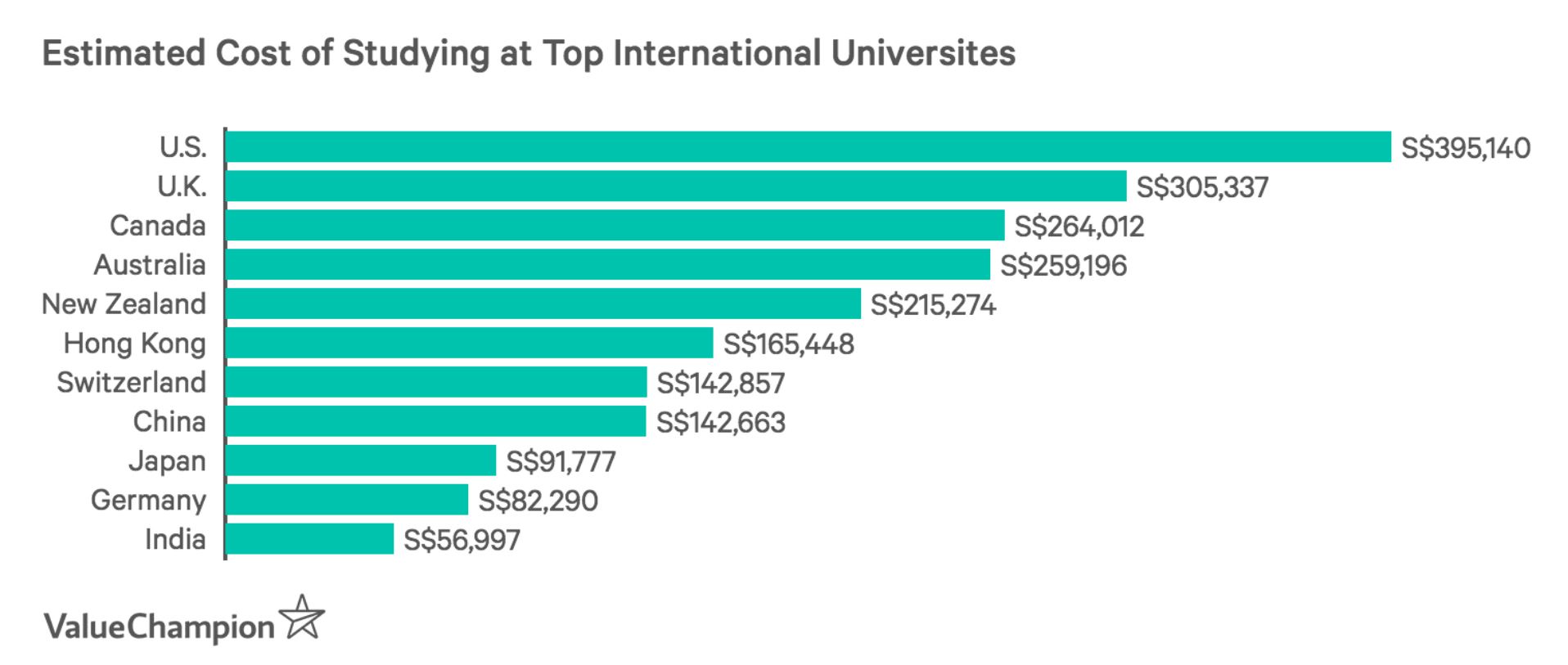There are many types of funding for German universities. Some are public, some are private, and some are multilateral. To learn more about the funding structure for German universities, read this article. Here, you’ll learn how tuition fees and the Lander contribute to their success. And how do the German Government fund research and teaching? Learn the details and choose the best funding option for your education. Here are some examples. Read on!
German universities are funded by tuition fees
While tuition fees in Germany are the biggest source of university funding, the issue has largely fallen off the political agenda, with supporters of the idea having little to no political support. Germany struggles to attract the best international undergraduate students and hold onto its talent. Its history of self-governing universities and principle of academic freedom has protected German professors from explicit political interference. Regardless of whether tuition fees are effective or not, they aren’t a driving factor for many students.
While German universities generally charge tuition fees, private universities may charge higher fees. Tuition fees at public universities are low compared to those in the USA. On average, a bachelor’s degree in Germany costs between 250 and 650 euros. Private universities usually don’t charge more than EUR600 per semester. However, applicants must have the required GPA in the Oberstufe to be considered for admission. Many universities do not offer scholarships or other types of financial aid.
German universities are public
Because most German universities are public, they don’t care about rankings. In fact, they don’t even have a culture of alumni giving – they just charge a small fee to the state to operate. Unlike American universities, the government doesn’t put huge marketing budgets into marketing their degrees – and the result is that they are very affordable. And that’s good news for prospective students who’d like to go to a German university.
The education system in Germany is free, and all elementary and secondary schools are public. In addition, 95 percent of higher education institutions are public. Kindergartens are run by churches or private organizations. Although most German universities are public, there are fees of EUR60 to 200 per semester to pay for meals, cafeterias, and public transportation. Even students must have a public transport ticket. However, they’re well worth the money. The educational system in Germany has some interesting aspects – read on to find out more.
German universities are funded by the Lander
Students in Germany have the opportunity to pursue higher education by means of the Lander Foundation, which funds various research projects. This foundation is committed to improving the quality of education in Germany. Its programs and facilities are based on the principles of dialogue-oriented service. The Lander foundation is also responsible for funding many public higher education institutions. While the Lander Foundation supports various projects, students must apply for financial aid before they can benefit from these grants.
Undergraduate students at German universities are usually free of charge. Students wishing to pursue a master’s degree in Germany must pay EUR2,000 per semester in tuition fees. The price varies depending on the type of degree program and the duration of study. PhD students, on the other hand, are free of charge. In addition to public universities, private institutions also charge tuition fees for their courses. Some private institutions charge up to EUR20,000 a year for undergraduates and EUR30,000 for Master’s degrees.
German universities are multilateral
The DAAD is an institution that provides funding to German universities that are pursuing a degree program abroad. The DAAD aims to support and facilitate academic exchanges by establishing and improving teaching, structure and capacity at partner institutions. The program also funds the exchange of PhD students and university lecturers, among other things. The German partner universities must submit a grant application and are selected based on their academic merit and potential to contribute to the UN’s development goals.
Foreign study grants are primarily aimed at assisting qualified foreign students in full-time studies at a German university. These grants may cover the cost of the study program or the main stage of state examinations. The minimum sponsorship period is two semesters, but extensions can be granted on a case-by-case basis. Foreign study grants do not support research stays or internships abroad. Instead, these grants help students gain a solid foundation for further study.
German universities have a focus on employability
In the Global University Employability Ranking 2018, 13 German universities are featured. The Technical University of Munich is ranked number one for graduate employability, above both LMU Munich and Heidelberg University. Other top universities in Germany include Humboldt University of Berlin, the Goethe University Frankfurt, and the Frankfurt School of Finance and Management. The remaining three universities are ranked eighth, ninth, and tenth, respectively.
The Frankfurt School, a leading business school in Germany, is a world-class arts and science institution. It is home to 29 Nobel prize winners and has 86 regional education centres throughout Germany. Located in Germany’s financial heart, it is a prestigious institution with many study areas to suit any career goal. In addition, the Frankfurt School is a top business school for finance and management. With its large international student body, it offers many study areas, including management and finance.

